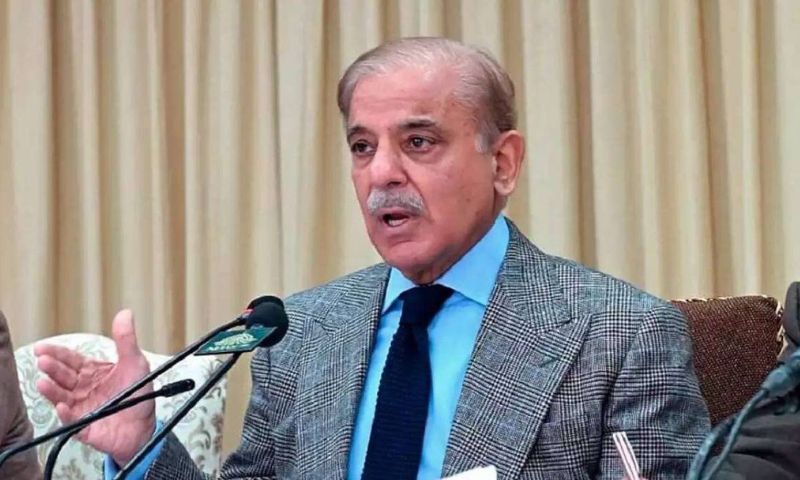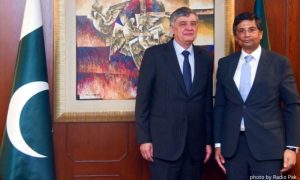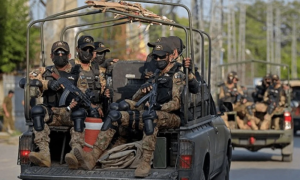ISLAMABAD: Pakistan’s Prime Minister Shehbaz Sharif reaffirmed the government’s commitment to eradicating polio in the country during a high-level meeting focused on the nation’s polio elimination efforts. He emphasized the need for coordinated action, declaring, “We will not rest until we have permanently defeated polio.”
During the meeting, the Prime Minister praised the polio team for their relentless work against the disease. He directed Dr. Mukhtar Ahmed Bharath, the Coordinator for National Health, Polio Focal Person Ayesha Raza Farooq, and the Secretary of National Health to visit the most affected regions identified in the recent polio campaign.
Moreover, PM Shehbaz ordered a third-party audit of the anti-polio campaign to ensure transparency and effectiveness. He highlighted the necessity of developing a comprehensive strategy to address the existing immunity gap within the population.
The meeting included a briefing on recent polio cases and the status of the eradication campaign. Currently, Pakistan has 41 active polio cases, with 25 linked to individuals lacking adequate routine immunization. The briefing also emphasized that polio transmission rates are significantly lower in areas with higher vaccination coverage, underscoring the critical need for ongoing vaccination efforts.
Data from the Pakistan Polio Eradication Programme shows that so far in 2024, Pakistan has documented 41 polio cases, highlighting a troubling increase in infections, particularly in Balochistan and Sindh.
According to the Data, the number of polio cases in Balochistan now stands at 21, while Sindh has recorded 12 cases, Khyber Pakhtunkhwa six cases, and both Punjab and Islamabad Capital Territory (ICT) have recorded one case each.
Despite ongoing vaccination efforts, health officials are concerned about the virus’s continued spread. In 2023, Pakistan reported only six polio cases—four in Khyber Pakhtunkhwa and two in Sindh, while there was only one case in 2021.


























